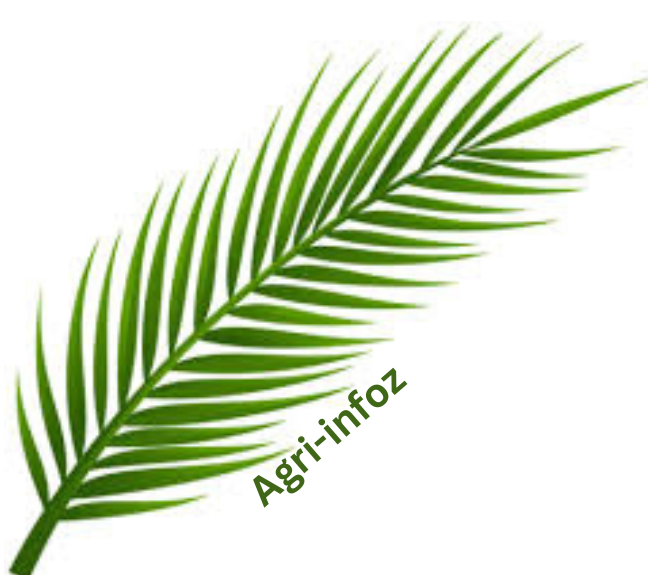

Weathering the Storm: How the Pandemic Exposed Vulnerabilities in Global Food Systems
COVID-19 On Food Security
The COVID-19 pandemic has brought into sharp focus the vulnerabilities of global food systems, disrupting supply chains, threatening livelihoods, and exacerbating food insecurity for millions of people around the world. As countries grapple with the health and economic impacts of the pandemic, it is imperative to reflect on the lessons learned and strengthen preparedness for future crises. In this blog post, we’ll explore the impact of COVID-19 on food security, discuss the lessons gleaned from the crisis, and outline strategies for building more resilient and equitable food systems in a post-pandemic world.
Read more related: Food Security Policy
Understanding the Impact of COVID-19 on Food Security
The COVID-19 pandemic has had far-reaching consequences for food security, affecting every aspect of the food supply chain, from production and distribution to consumption and waste. Lockdowns, travel restrictions, and border closures disrupted agricultural activities, labor availability, and trade flows, leading to labor shortages, supply chain bottlenecks, and price volatility.
Moreover, the economic fallout from the pandemic, including job losses, income shocks, and disruptions to food markets, has pushed millions of people into food insecurity and poverty. Vulnerable populations, including low-income households, informal workers, and marginalized communities, have been disproportionately affected, struggling to afford adequate and nutritious food amid rising food prices and economic uncertainty.
Lessons Learned from the Crisis
The COVID-19 pandemic has highlighted several key lessons about the resilience and vulnerabilities of global food systems. First and foremost, it underscored the importance of robust and diversified supply chains that can adapt to shocks and disruptions. Short-term measures, such as panic buying and export restrictions, exacerbated food shortages and price spikes, highlighting the need for coordinated and transparent responses.
Furthermore, the pandemic revealed the critical role of social protection programs and safety nets in mitigating the impacts of crises on food security. Countries that had strong social safety nets in place were better equipped to support vulnerable populations and prevent widespread hunger and malnutrition.
Additionally, the pandemic highlighted the interconnectedness of food, health, and environmental systems, emphasizing the need for a holistic and interdisciplinary approach to addressing global challenges such as pandemics, climate change, and food insecurity.
Strategies for Future Preparedness
As countries begin to recover from the pandemic, it is essential to strengthen preparedness and resilience in food systems to mitigate the impacts of future crises. This requires a multi-pronged approach that addresses both short-term emergency response measures and long-term structural reforms.
Investing in agricultural research and development, infrastructure upgrades, and digital technologies can enhance the resilience and productivity of food systems, enabling farmers to adapt to changing conditions and mitigate risks. Furthermore, strengthening social safety nets, such as cash transfer programs, food assistance schemes, and school feeding initiatives, can provide a crucial safety net for vulnerable populations during times of crisis.
Building partnerships and fostering international cooperation is also critical for addressing global challenges such as pandemics and food insecurity. Collaborative efforts between governments, NGOs, international organizations, and the private sector can help mobilize resources, share knowledge and expertise, and coordinate responses to crises in a timely and effective manner.
Conclusion: Building Back Better
In conclusion, the COVID-19 pandemic has laid bare the vulnerabilities of global food systems, but it has also provided an opportunity to reimagine and build more resilient and equitable food systems for the future. By learning from the lessons of the crisis, strengthening preparedness and response mechanisms, and prioritizing investments in sustainable agriculture and social protection, we can create a world where everyone has access to safe, nutritious, and affordable food, even in the face of unforeseen challenges.




One thought on “The Impact of COVID-19 on Food Security: Lessons Learned and Future Preparedness”